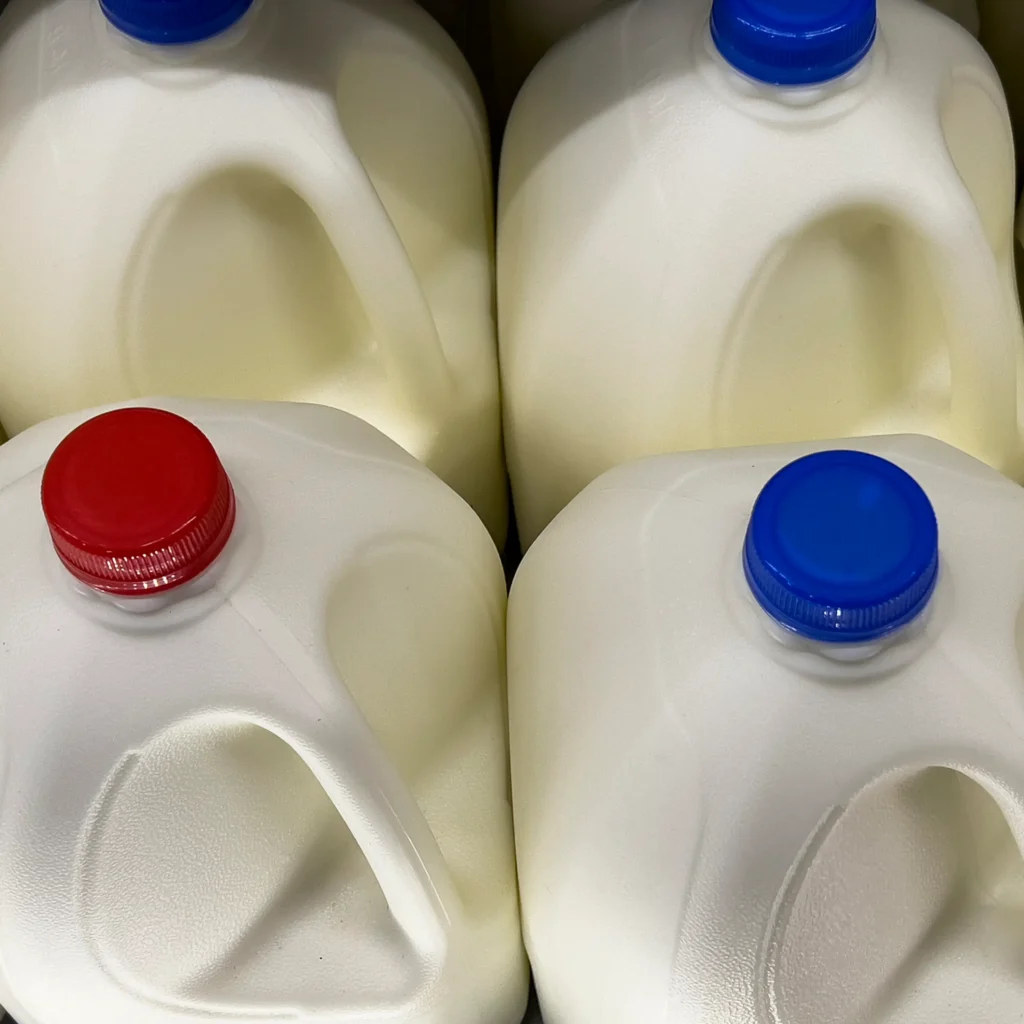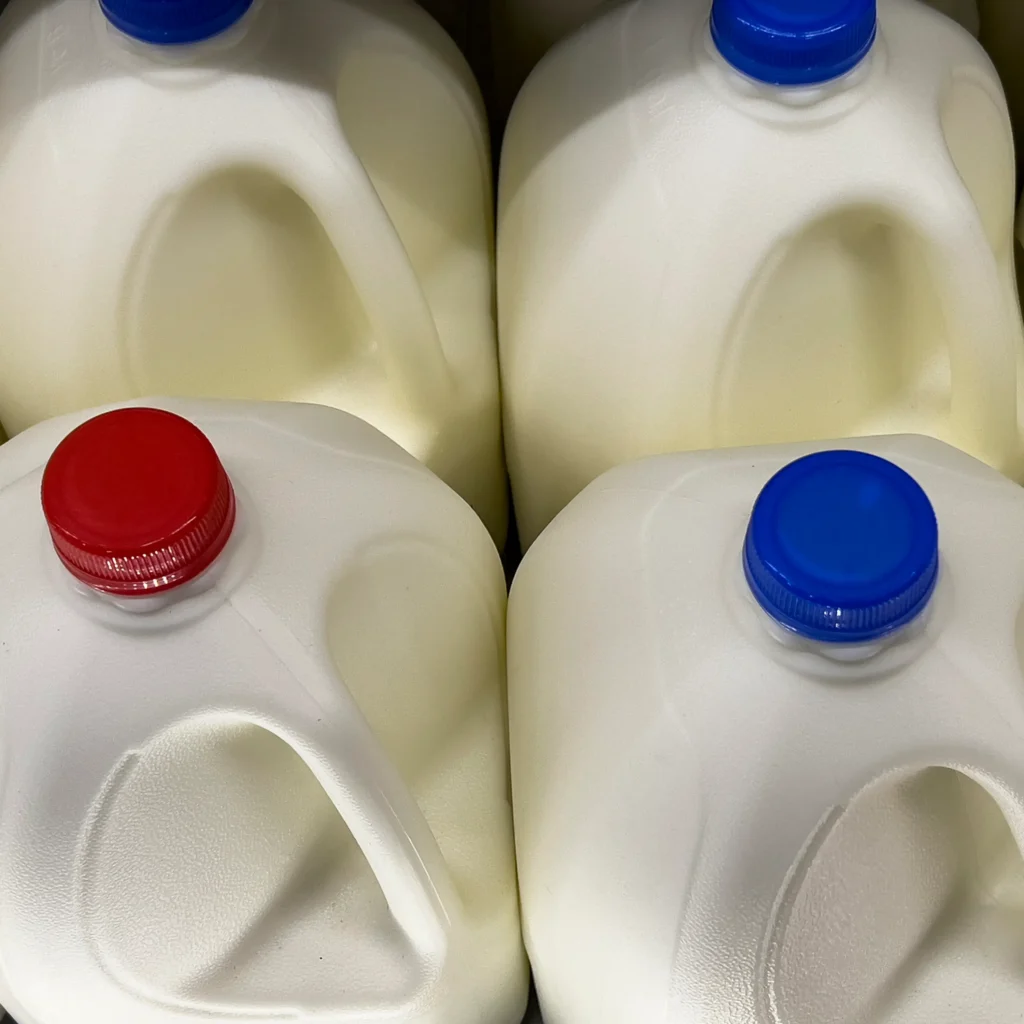Close the loophole that is forcing American food and fuel prices ever higher.
High gas and diesel fuel prices are hitting every American family and business. With oil prices around $110 per barrel, consumers are paying for it on the way to the grocery store, but they are also paying for it at the grocery store. The price of feeding one’s family has increased because higher fuel prices make production more expensive. Also, the production of bio-fuels has increased demand for feed grains, leading to the higher cost of raising livestock.
Food prices are escalating because farmers are paying higher diesel prices to fuel their equipment and higher natural gas prices are increasing costs for fertilizers, pesticides and herbicides. Diesel prices hover near $4 a gallon. Since the majority of American goods are transported by trucks that rely on diesel, the cost of food has been impacted. We clearly need a greater supply of diesel, including biodiesel, to meet demand and lessen costs.
Another significant contributor to rising food costs is the fact that many food and feed grains are being used for ethanol and biodiesel. Grain farmers may benefit from high corn, soybean and wheat prices but poultry, hog, cattle and dairy cow farmers must pay more to feed their livestock. All this gets passed onto the consumer in the form of rising costs of meats, bread, cereals, eggs, milk and all agriculture produce.
A growing, sovereign country, for its security and prosperity, must be able to defend, feed and fuel itself. The policy of growing our own biofuels is one part of a national strategy to reduce our dependence on foreign oil and stop sending hundreds of billions of dollars to countries that are hostile to our interests.
However, every day, Americans are subsidizing the fuel cost in foreign countries due to an unintended loophole in the U.S. tax code. The current tax law encourages the production and use of U.S. ethanol fuel and biodiesel by awarding American producers a $1 per gallon tax credit for such fuels. Since the law is ambiguous, many producers simply “splash” American alcohol fuel or biodiesel into conventional fuel, receive the tax credit, and then “dash” the fuel mixture to foreign markets for sale or to receive further subsidies. This loophole cost Americans $30 million in 2006. Widespread misuse of this loophole has led to the increase in food prices while doing nothing to increase the supply of biodiesel available in the U.S. This subsidy should be repealed unless the fuel is consumed or sold within the United States.
The Splash and Dash Correction Act will rectify the existing law to prevent the exploitation of the U.S. tax system. Sponsored by Rep. John Shadegg (R-AZ), the legislation will correct the loophole by only allowing those fuel mixtures made for consumption in the United States to be eligible for the tax credit. American taxpayers should not subsidize foreign countries. Rather, the federal government should be maximizing our resources while developing alternative energy sources to meet current fuel mandates in the United States.
In sum, America must use its global economic power, creativity, resources and international relationships to strategically undercut the oil-based leverage some hostile nations currently enjoy toward the U.S. and our allies. An essential element in a comprehensive plan for achieving energy independence is accelerated exploration and development of U.S. energy supplies. We need to adopt a flexible, diverse portfolio of energy options. This must include increased domestic energy production from U.S. oil, natural gas, clean coal technology, advanced nuclear, solar photovoltaics and practical conservation.
Americans should be moving toward common sense energy solutions that will benefit their pocketbooks while simultaneously ensuring national security. This way, Americans will be getting more for their money both at the gas station and at the supermarket. A small, commonsense step would be for the American people to support Congressman Shadegg’s bill.
George Allen, former governor and senator of Virginia, is currently president of George Allen Strategies and serves as the Reagan Ranch Presidential Scholar. To learn more, visit www.GeorgeAllen.com. This essay was originally published by Insight magazine in its April 8-21, 2008 edition and posted online on April 8, 2008. The essay reflects the opinions of its author; nothing here should be construed as reflecting the views of The Heartland Institute, nor as an attempt to aid or hinder the passage of legislation.



